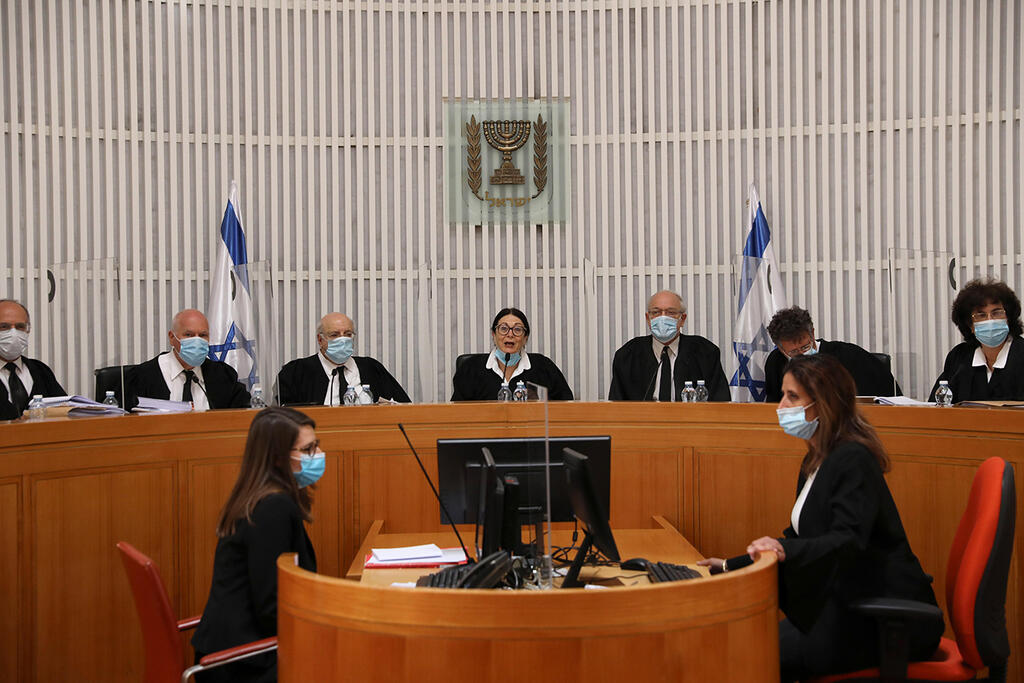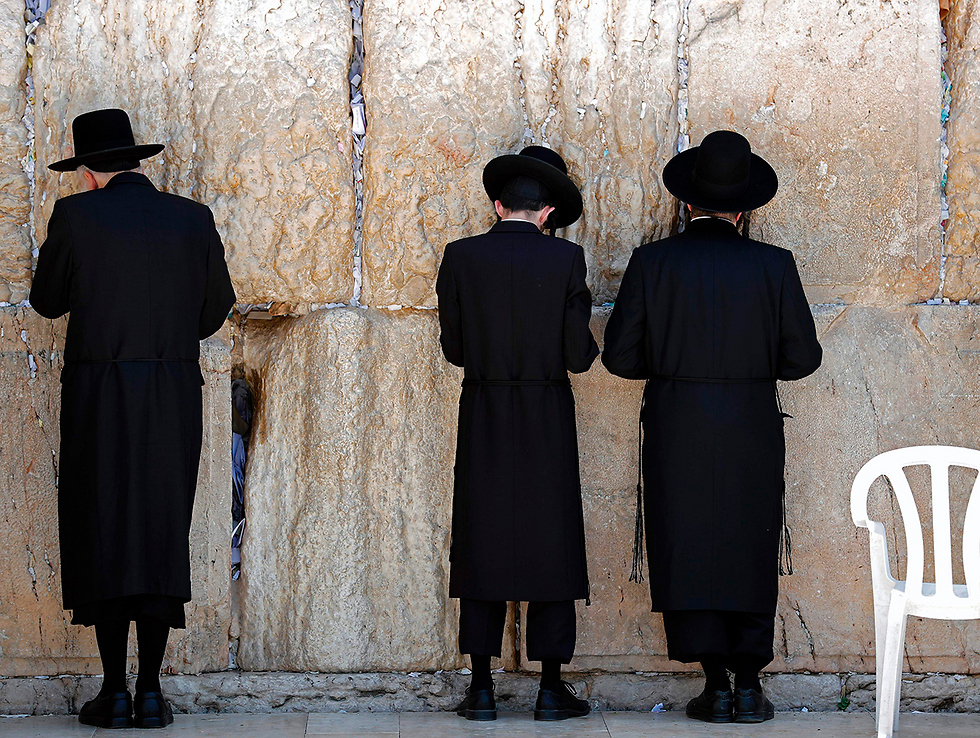Jewish Israelis for the most part, say their country must be Jewish and democratic, but disagree on what such a country should look like.
A recent study published for Independence Day reveals significant differences in opinion over the country's identity today and the aspirations for its future.
4 View gallery


Israelis cycling on the beachfront in the distinctly secular city of Tel Aviv
(Photo: Mobike)
The study by the Jewish People Policy Institute (JPPI), a non-profit think-tank, shows more than half of secular Israelis (53%) believe there is too much emphasis on the Jewish aspect of national identity and that it should be tempered, while a vast majority (90%) of religious and ultra-Orthodox citizens believe Israel is not Jewish enough.
Among those who describe themselves as traditionally religious, nearly half (47%) also preferred a more Jewish identity and approximately half of the liberal religious sector think the current balance is just right.
Nearly all Jewish Israelis (98%) say they want the country to have a Jewish identity and most (88%) think a Jewish majority is the key to maintaining it. Most also agree that Jewish culture should be advanced, and that Israel has the responsibility for the Jews in the Diaspora.
But on the question of whether the judicial system should be based on Jewish law, there are - as one would expect - vast differences of opinion.
Secular and liberal religious Israelis are opposed while Haredi and other religious streams believe it must be so.
However, the researchers behind the study say the question did not suggest that the Halacha (Jewish law) should replace the existing legal system but rather should be the basis upon which it is built.
When asked if Israelis in a Jewish state should observe religious commandments, most non-Haredi respondents (78%) said no. Among ultra-Orthodox however, just over half (51%) said yes.
Only a third (32%) of secular Israeli Jews think the public sphere in Israel must be demonstratively Jewish, while traditionally observant and ultra-Orthodox Jews think it should be (73% and 96%, respectively).
The controversy stems, it appears, from a deep basic perception on the part of religious Jews, who believe Jewish values must be given more weight than democratic ones - a view most secular and liberally religious Israelis oppose.
4 View gallery


Young national religious Israelis celebrating Independence Day in Jerusalem
(Photo: TPS)
The same positions are held in regard to whether there must be a preference to Jewish law over universal law.
JPPI president Prof. Yedidia Stern says the data revealed in the study shows a "complex picture of Israeli unity within the various sectors as well as among them."
Stern says that the study also shows that most issues can be resolved in agreement, but the political sphere – where such agreements should be reached - is getting in the way.
The study of Jewish Israelis' positions on religion pluralism and democracy was conducted in late February for the seventh consecutive year, and includes 806 Israelis.



